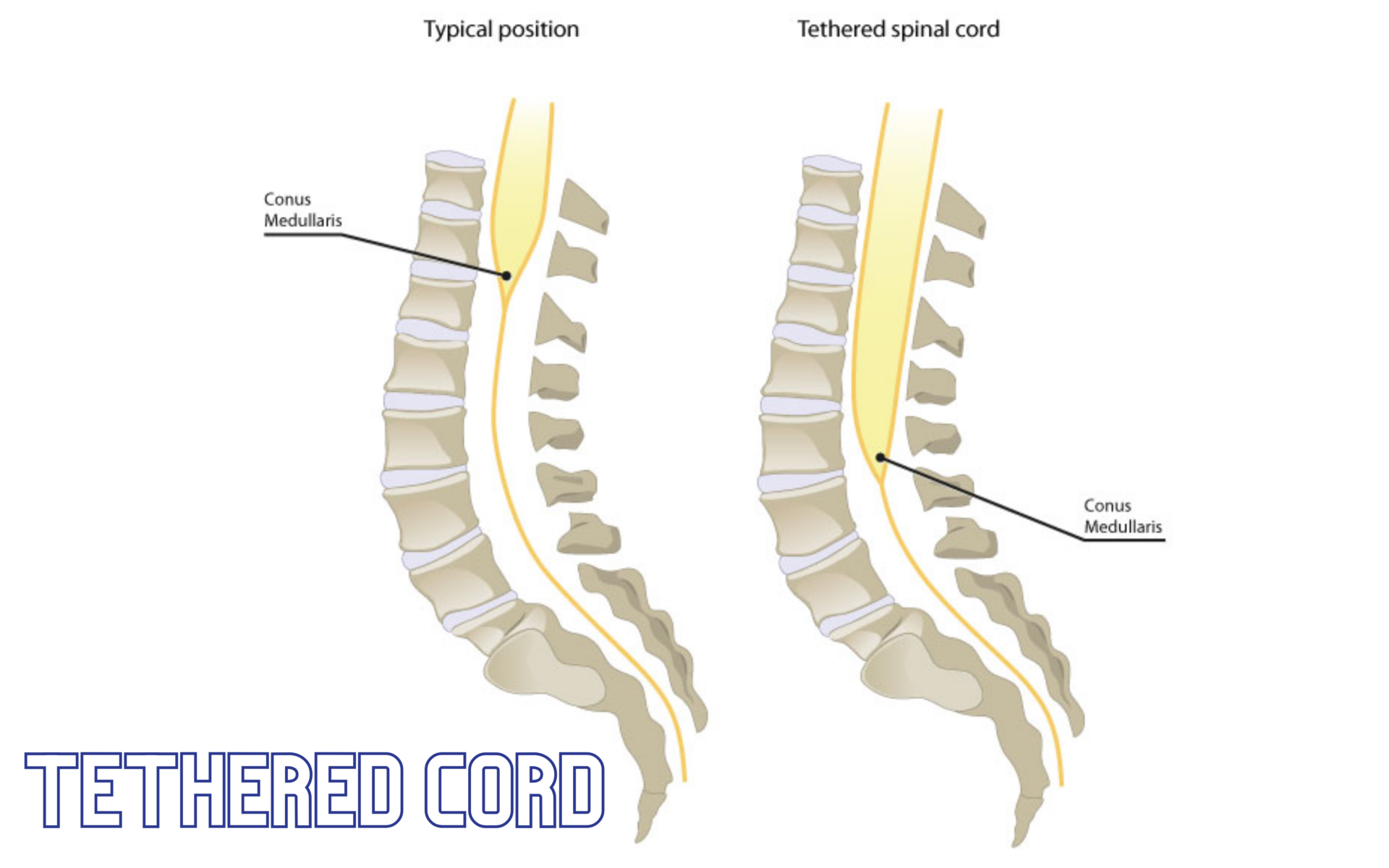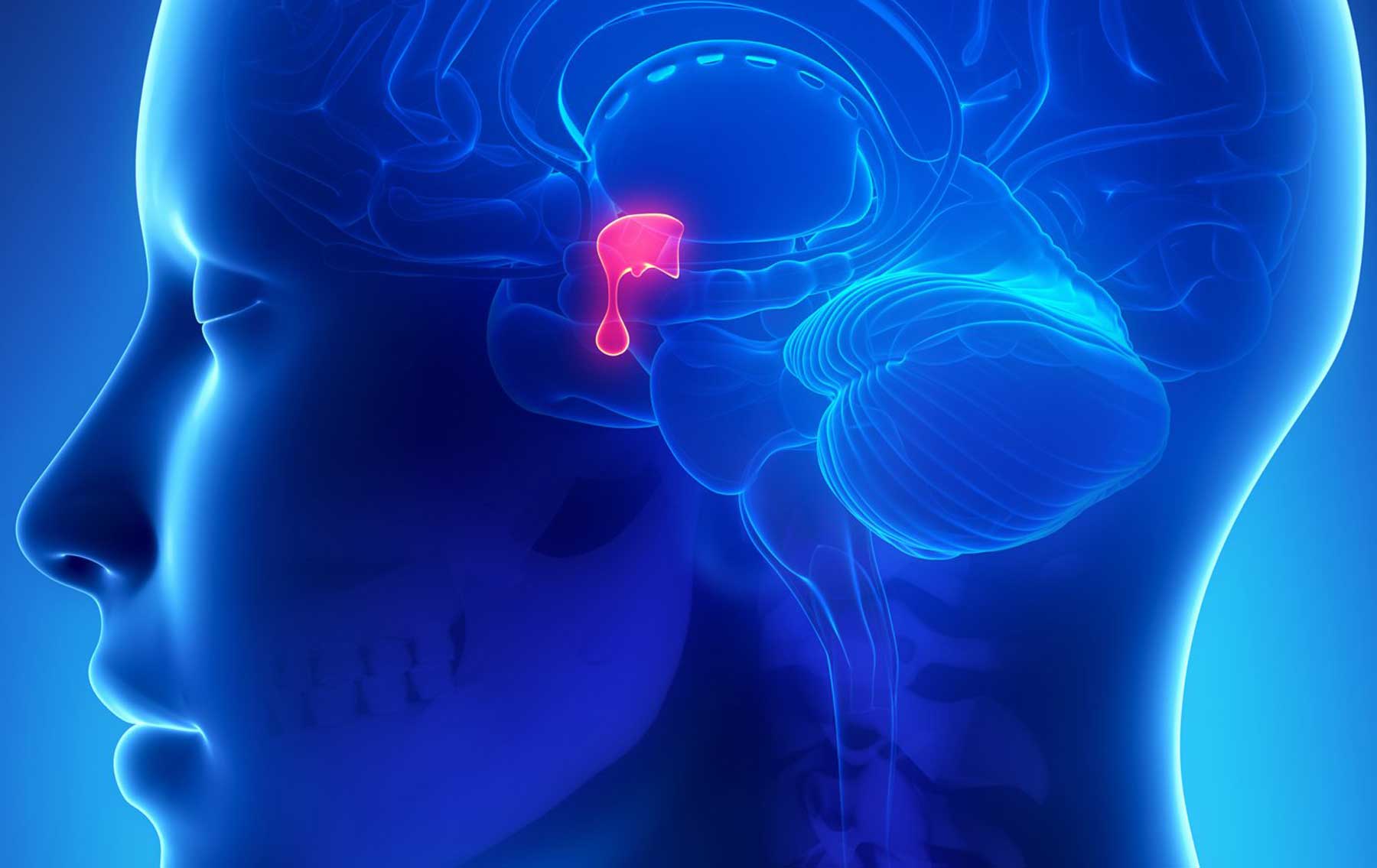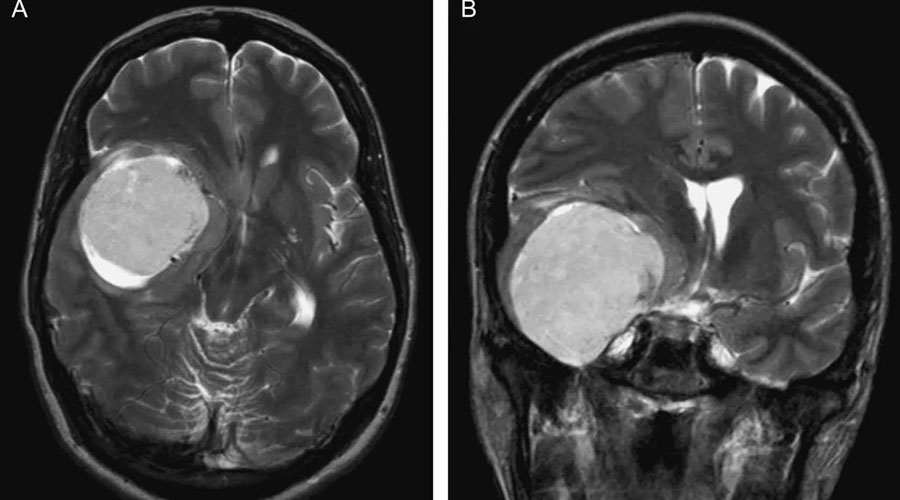Tethered Spinal Cord Syndrome
Tethered Spinal Cord Syndrome Tethered spinal cord syndrome is a neurological disorder caused by tissue attachments that limit the movement of the spinal cord within the spinal column. These attachments cause an abnormal stretching of the spinal cord. This syndrome…
Spasticity
Spasticity Spasticity is a condition in which certain muscles are continuously contracted. This contraction causes stiffness or tightness of the muscles and can interfere with normal movement, speech and gait. Spasticity is usually caused by damage to the portion of…
Shaken Baby Syndrome
Shaken Baby Syndrome Shaken Baby Syndrome (also known as Shaken Impact Syndrome) is a serious form of abuse inflicted upon a child. It usually occurs when a parent or other caregiver shakes a baby out of anger or frustration, often…
Hydrocephalus
Hydrocephalus Hydrocephalus is a condition in which excess cerebrospinal fluid (CSF) builds up within the ventricles (fluid-containing cavities) of the brain and may increase pressure within the head. Although hydrocephalus is often described as "water on the brain," the "water"…
Craniosynostosis and Craniofacial Disorders
Craniosynostosis and Craniofacial Disorders Craniosynostosis is a congenital deformity of the infant skull that occurs when the fibrous joints between the bones of the skull (called cranial sutures) close prematurely. Due to this closure, the baby develops an abnormally shaped…
Pediatric Brain Tumors
Pediatric Brain Tumors Brain tumors in children typically come from different tissues than those affecting adults. Treatments that are fairly well-tolerated by the adult brain (such as radiation therapy) may prevent normal development of a child's brain, especially in children…
Pituitary Tumors
The pituitary is a small gland attached to the base of the brain (behind the nose) in an area called the pituitary fossa or Sella turcica. The pituitary is often called the "master gland" because it controls the secretion of most…
Meningiomas
Meningiomas are the most common benign intracranial tumor. They originate from arachnoid cap cells, which are cells within the thin, spider web-like membrane that covers the brain and spinal cord. The arachnoid is one of three protective layers, collectively known…
Metastatic Brain Tumors
Metastatic Brain Tumors Tumors that spread to the brain from a primary neoplasm located in other organs of the body are referred to as metastatic brain tumors. They are among the most common intracranial brain tumors encountered by physicians. These tumors are…










